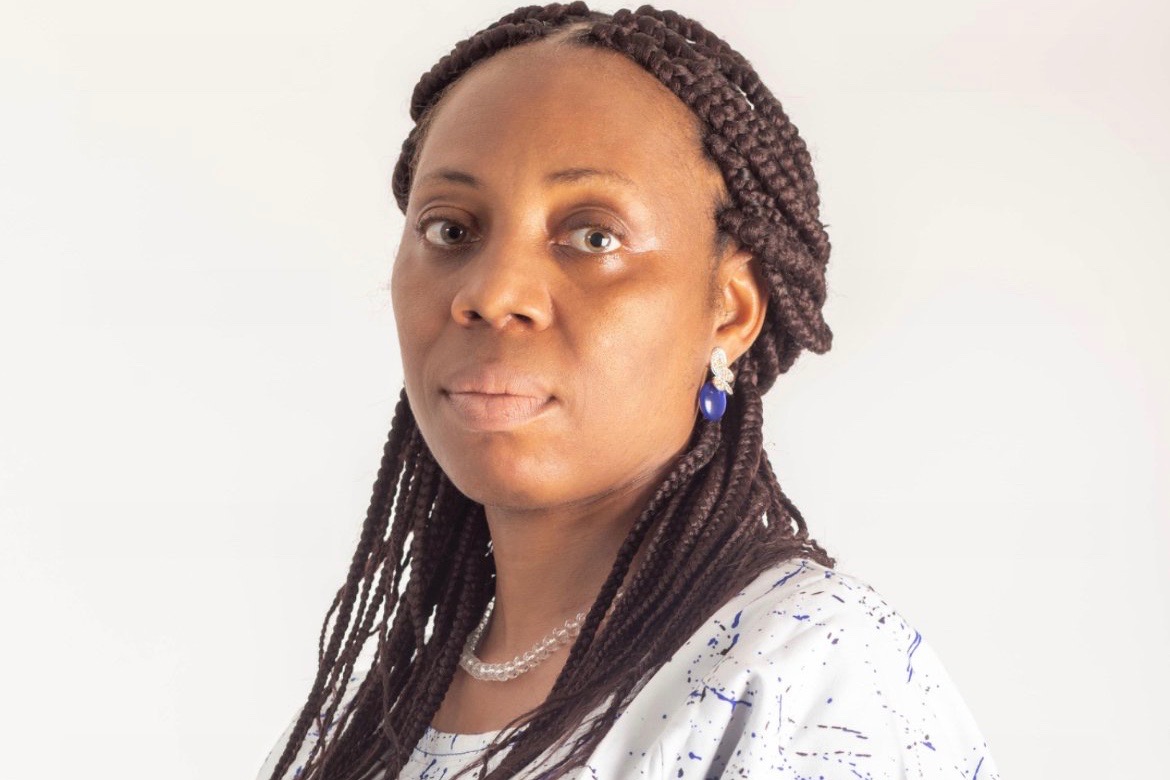Open Book: Swimming against the Tide

Oluchi Ojinamma Okere
Oluchi Ojinamma Okere considers Nigerian academic libraries and their struggle for relevance
With a history of over seven decades of existence starting with the establishment of the University of Ibadan in 1948, Nigerian academic libraries have surely come of age. Nigeria presently has over 170 public and private universities with affiliated academic libraries. There are also many more libraries owned by colleges, polytechnics and monotechnics across the nation. These libraries strive to support the research, teaching, learning and community engagement needs of millions of users.
In spite of this robust network of academic libraries across the nation, service delivery to the teeming population of users can be described as largely unsatisfactory. Library users are dissatisfied with the quality of the stock and complain about the lack of state-of-the-art technologies in their libraries. Researchers particularly view themselves as shortchanged by the lack of access to critical components such as scholarly databases and ICT infrastructure. In contrast to two decades ago when libraries were the hub of academic activity in the university, Nigerian academic libraries are now 'the big lumbering giant with little value to anyone'. This is mainly because the libraries lack the capacity to re-invent themselves and evolve in the face of advancements in technology.
Aside from striving unsuccessfully to satisfy disgruntled researchers, academic librarians are also under enormous pressure to fulfill the requirements of the National Universities Commission (NUC), the regulatory body of universities in Nigeria. The Commission is known to wield the big stick by withholding the accreditation of university programmes without fear or favour, if and when institutions fail to meet up with laid down standards, which include satisfactory library services. Thus, librarians are handicapped and frustrated in their efforts to provide standard services, while library administrators are left in a position where they are expected to build castles with straw!
Funding is the major pain point of Nigerian public academic institutions. Budgetary cuts have plagued these institutions since 1982 when the austerity (fiscal and monetary) measures were introduced to revamp a failing Nigerian economy. In spite of increased enrollments and need to invest in new technologies, academic libraries continue to be starved of funds. To make matters worse, one of the responses of parent institutions to coping with the harsh budget cuts, has been to fall upon library votes for some buffer. Releasing ten percent of the statutory recurrent expenditure of the university as library vote as prescribed by the National Universities Commission, has been largely ignored by University administrators. Therefore, libraries have been left to flounder and grope for a semblance of serviceability to their weary patrons.
Beyond journal subscriptions which require hard currency, the funding needs of academic libraries extend to procurement of furniture and IT equipment as well as costs of installing and managing automation, enhanced bandwidth, personnel development, collection development - amongst other requirements for basic library services. The inability of the academic libraries to provide both traditional and innovative services have left academics, students and researchers questioning the real value of their libraries. The Academic Staff Union of Universities (ASUU) has also consistently demanded among other interventions, improved library funding. The constant agitation by ASUU has given libraries some succour, as they have benefitted even if marginally, from the Tertiary Education Trust Fund (TETFund), one of the outcomes of the struggles of the Union.
The implications of a poor research environment go beyond the perceptions of users about the value of their institutional libraries, there is also the nagging problem of the quality of research that emanates from the Global South. The glaring gap between the quality and quantity of research output from developing countries and Europe or America is a clear reflection of the link between government investment in knowledge institutions such as libraries, and development indices. Without doubt, research capacity has a trickle- down effect on the state of national development. Thus, the continuous neglect of academic libraries will only worsen the development issues the nation is battling.
How have Nigerian libraries worked to support the university system under such difficult conditions? Many libraries have reduced the size of their journal subscriptions drastically, and encouraged their research community to make optimal use of open access resources. While accessing free resources online is a god-send to the research community, there is always the fear that uninformed researchers may not be able to differentiate between predatory journals and the 'unreliable' science they peddle, and other freely available but more reputable resources. Libraries have also embraced consortium arrangements, which has given them some negotiating edge with the big vendors, publishers and aggregators who market subscription journals. However, these arrangements if poorly managed, come with their own share of problems.
To redress the years of neglect, academic libraries require a massive infusion of capital. Knowledge is a global good, and knowledge products as it concerns our institutions may not be locally sourced and might require hard currency. The implication of this is that the Nigerian Government should strategically intervene to support academic libraries by reviewing the existing funding model. To ensure intellectual vibrancy in Nigerian universities, a robust and supportive library system is non-negotiable.
Oluchi Ojinamma Okere is an academic librarian and staff of the Federal University of Technology Akure, Nigeria






